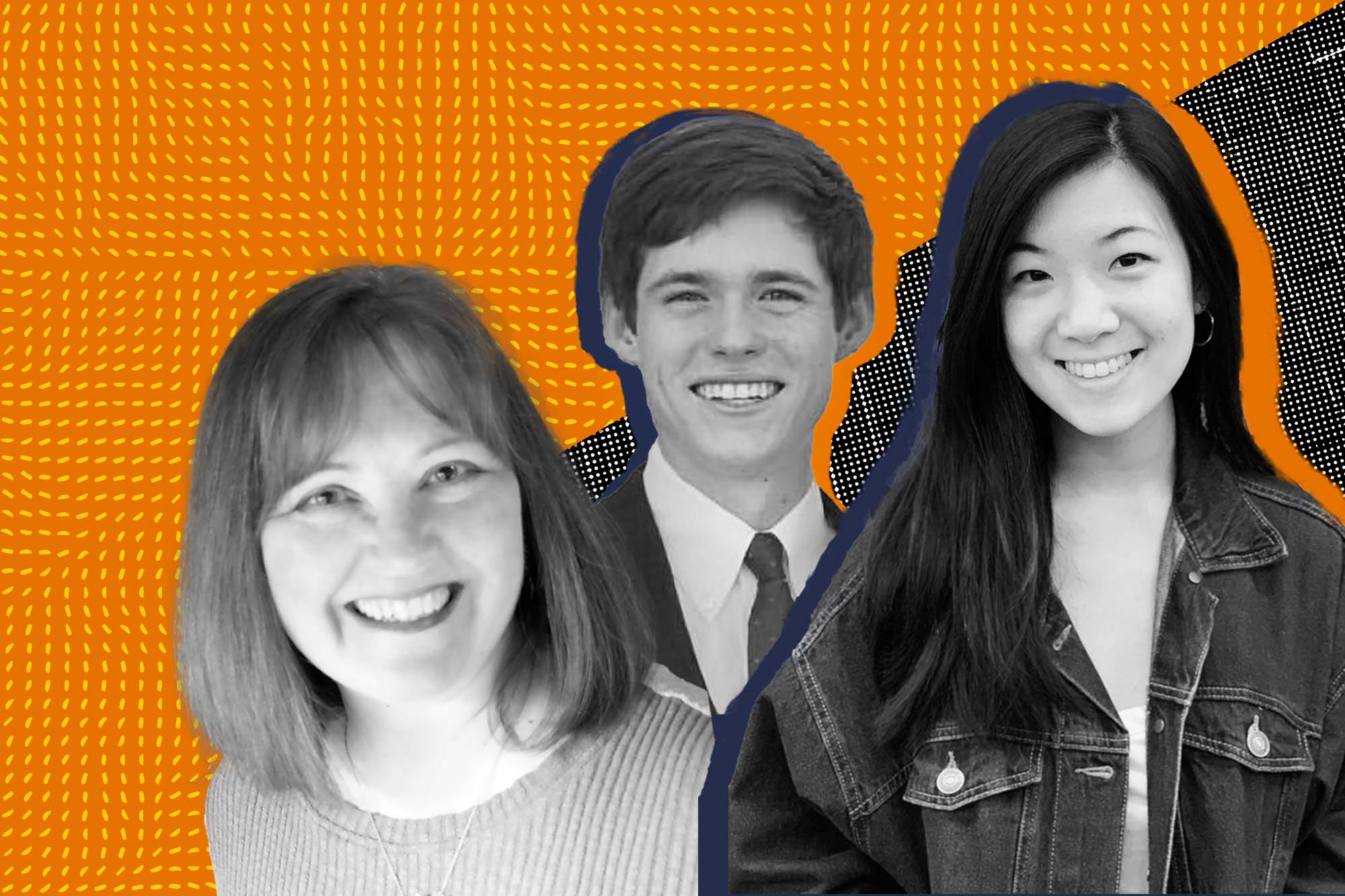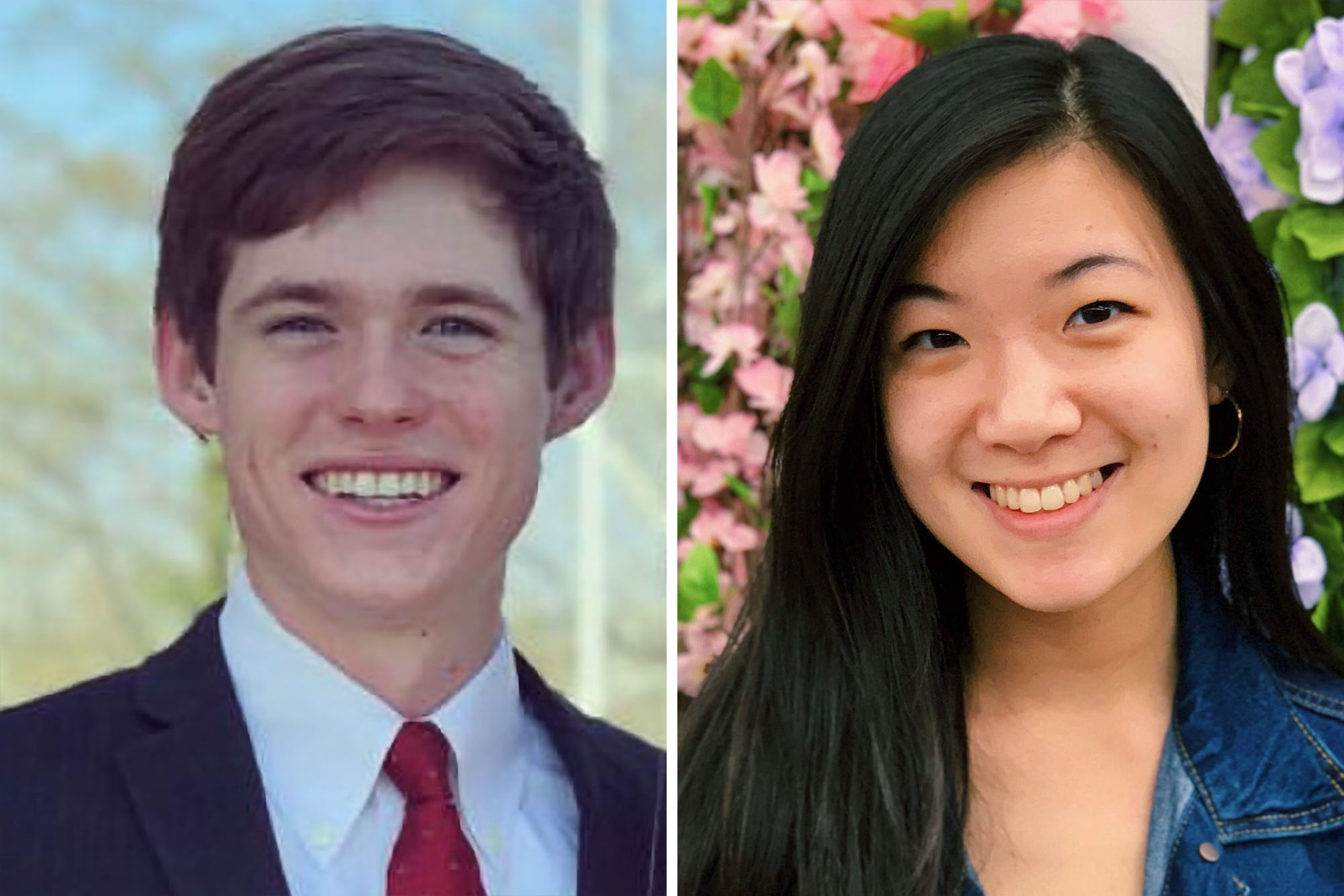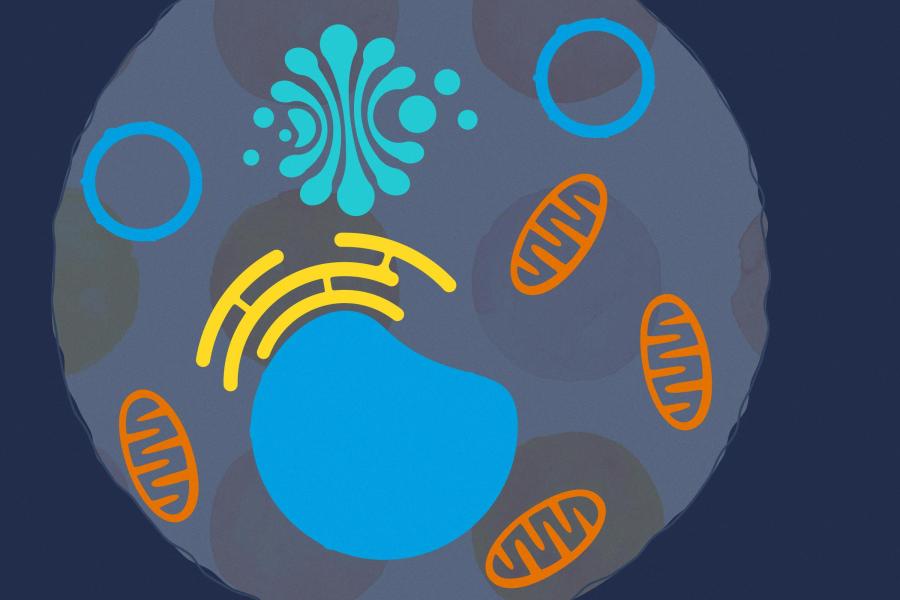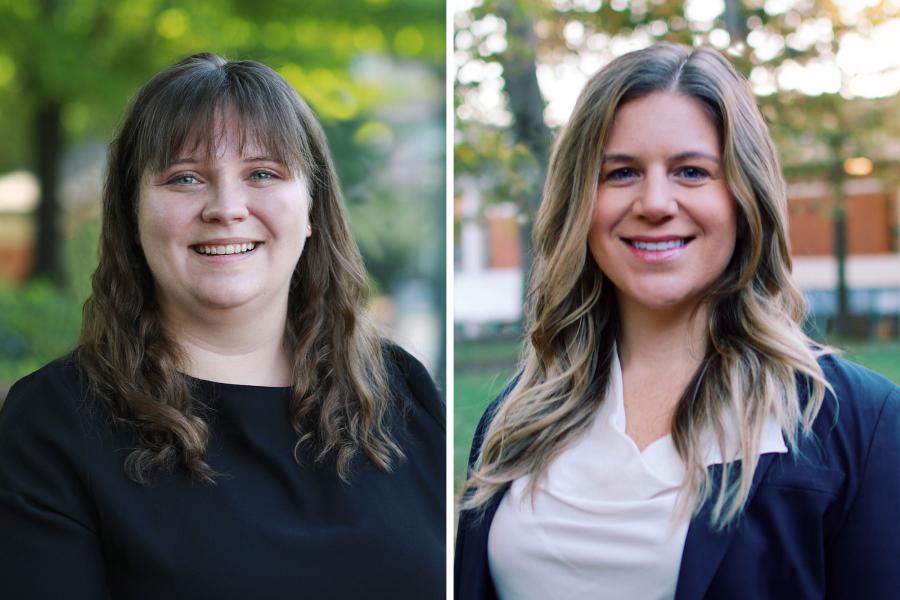Many people’s lives became infinitely harder after the pandemic hit last March, perhaps nobody more so than those working in health care.
Dana Palmer, a nurse in UVA Health’s cardiac care unit, certainly had her hands full. After COVID-19 struck, Palmer’s unit was left shorthanded when University of Virginia student volunteers from Madison House – the independent, nonprofit volunteer center for UVA students – were no longer able to coordinate rounding, a task they had helped conduct since 2015 through the cardiac care unit’s Rounding With Heart program.
Rounding is the long-standing practice in which internal medicine physicians, residents, and medical students come together to discuss patient care, communicate with patients and families and advance students' medical education.
The UVA student volunteers had been in charge of the rounding schedule – working to ensure that every health care provider was present who needed to be, and that the patients were ready as the team moved through the unit.
Suddenly Palmer – as if she didn’t have enough other things to worry about – found herself trying to do the job of about 10 volunteers herself.











